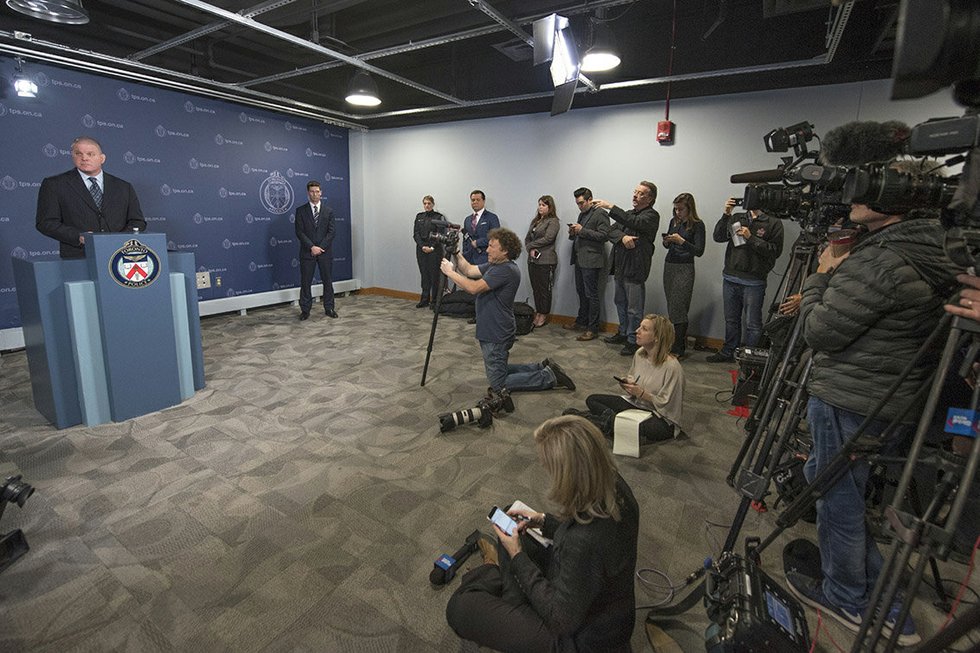
I followed serial killer Bruce McArthur’s case closely.
When he made a brief appearance at the College Park courthouse last October, I was there to catch the public’s first glimpse of the monster. In January, he pleaded guilty to eight counts of first-degree murder, and I was there in the fifth-floor courtroom on University, sitting just a few feet from the serial killer.
I attended McArthur’s sentencing hearing in the same packed courtroom in February to listen to detailed accounts of McArthur’s horrific crimes and powerful impact statements read by family members of his victims.
In his lengthy reasons for his final decision to jail McArthur for life with no chance of parole for 25 years, Justice John McMahon said, “I recognize for the family, friends and the community, the end of the criminal process doesn’t bring closure to their loss. They will live with this nightmare for the rest of their lives.”
He was absolutely right.
More than two decades ago, my older (and only) brother met a violent death in China. Our family went through hell.
My brother was born in Beijing in the early 1950s, right after the Korean War. My parents gave him the nickname Gezi – it means “pigeon,” which is a symbol of peace in China.
On December 10, 1998, my brother, a devoted father of two, went to work, but failed to return home. A ransom note arrived at my sister-in-law’s house from kidnappers demanding money. Police advised our family not to send them a cent. It was good advice. It turns out that they had already killed my brother. His only fault was to be too trusting. He let a couple he knew from work know that he had saved $50,000 to buy a house. That mistake proved fatal. The couple were addicted to gambling and desperate for money.
Beijing of the 1990s was not the same place where I grew up and roamed as a carefree girl. China was booming, but not without a price. People were hungry for money – sometimes too hungry. Around the time my brother was murdered, Zou Jingmeng, a former head of the China Meteorological Administration and younger brother of then-vice premier Zou Jiahua, was also killed in a robbery. I had worked in the same building as Zou Jingmeng before I left for Canada in 1990.
Today, whenever I see a pigeon my brother comes to my mind. I fondly recall our happy childhood together: flying a kite, swimming in the pool, catching dragonflies and setting off firecrackers during Chinese New Year.
I think about a letter he sent me when I was an international student at the University of Manitoba in 1991, telling me to hang in there when I was as lonely as a train whistle in the middle of the night.
Sometimes my brother comes to me in my dreams. I ask him, “Where have you been?” When I wake up in the darkness, I realize that my dreams are merely a reflection of my deeply held wish he were still alive.
After all these years, I still cry when I read the poems my father, sister and cousin wrote about his tragic death. I cry when I remember the words my aging mother spoke to him at his funeral. “May you rest in peace, my little pigeon.”
My sister still takes hard-boiled eggs to his grave to celebrate his birthday, just as we did when we were young. During the Chinese New Year, she uses dumplings to form the Chinese characters, “Come home” on his grave.
My brother’s killers were eventually arrested and charged with murder. They went on trial eight months after his disappearance. The husband was sentenced to life in prison while the wife received 13 years. Justice seemed to be served, but it would never erase the pain we have suffered.
This is my victim impact statement, which I have never had a chance to read out in court.
@nowtoronto












